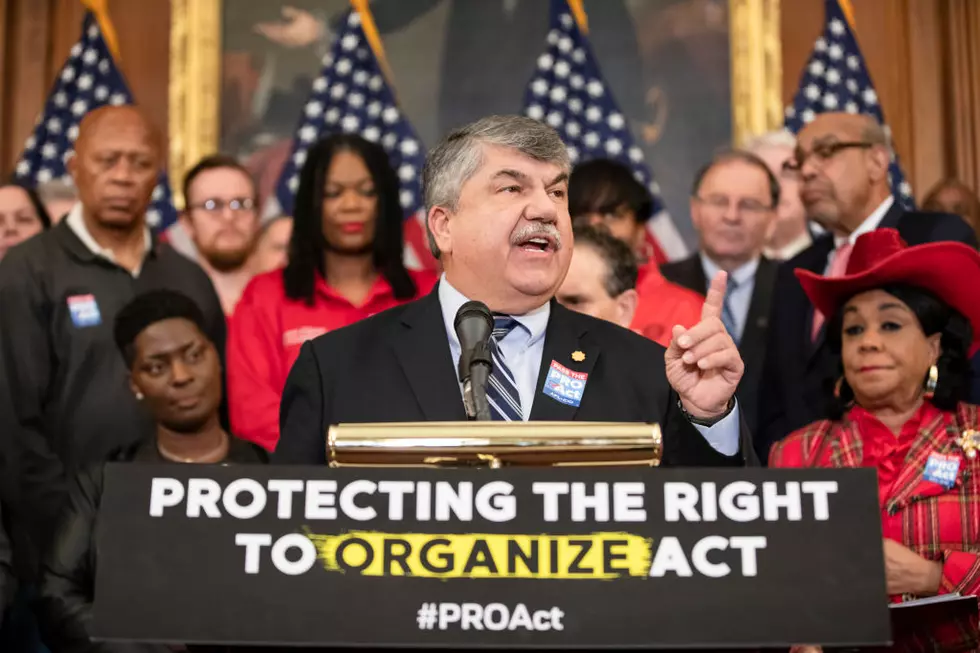
Podcast: Interview With An Expert Concerning The Left’s PRO Act Of 2019
The other day I interviewed Vincent Vernuccio a senior fellow at the Mackinac Center for Public Policy concerning the Protecting the Right to Organize (PRO) Act (H.R. 2474) of 2019.
The Democrats in the House of Representatives passed this bill on Feb 6, 2020, on an almost party-line vote. One hundred and eighty-six Republicans voted against and five voted for it and 219 Democrats voted for it with 7 voting against it. The stated purpose of the legislation is “to strengthen protections for employees engaged in collective bargaining,” but in reality, the result would be less freedom and fewer jobs for workers. It would as the Democrats would like to do increase unions' share of the workforce and in turn would increase union treasuries.
The PRO Act would allow unions to get workers fired if they choose not to pay them. What does that sound like to you? The PRO Act would also remove states' ability to enact right-to-work laws, thus forcing private-sector workers in the 27 states with these laws to start paying unions against their will.
The PRO Act would also preempt state labor laws, overrule three Supreme Court decisions, and transform the National Labor Relations Board (NLRB) from a remedial body to a punitive one. Among other changes, some provisions of the PRO Act would:
- Put workers’ private information at risk
- Require workers to pay dues to a union as a condition of employment
- Effect everyone who subcontracts with other companies
- Change the definition of joint employment in order to ease union organizing
- Amend the definition of employee to increase the pool of employees eligible for unionization
- Impose government-mandated arbitration to dictate employment terms in first negotiations
- Promote card-check organizing, a process that forces union representation on workers without a secret-ballot election.
- Deny workers the opportunity to receive vital information on the organization that will represent them.
To learn quite a bit more about this piece of legislation please listen to my interview with Vincent below.
More From WKMI









